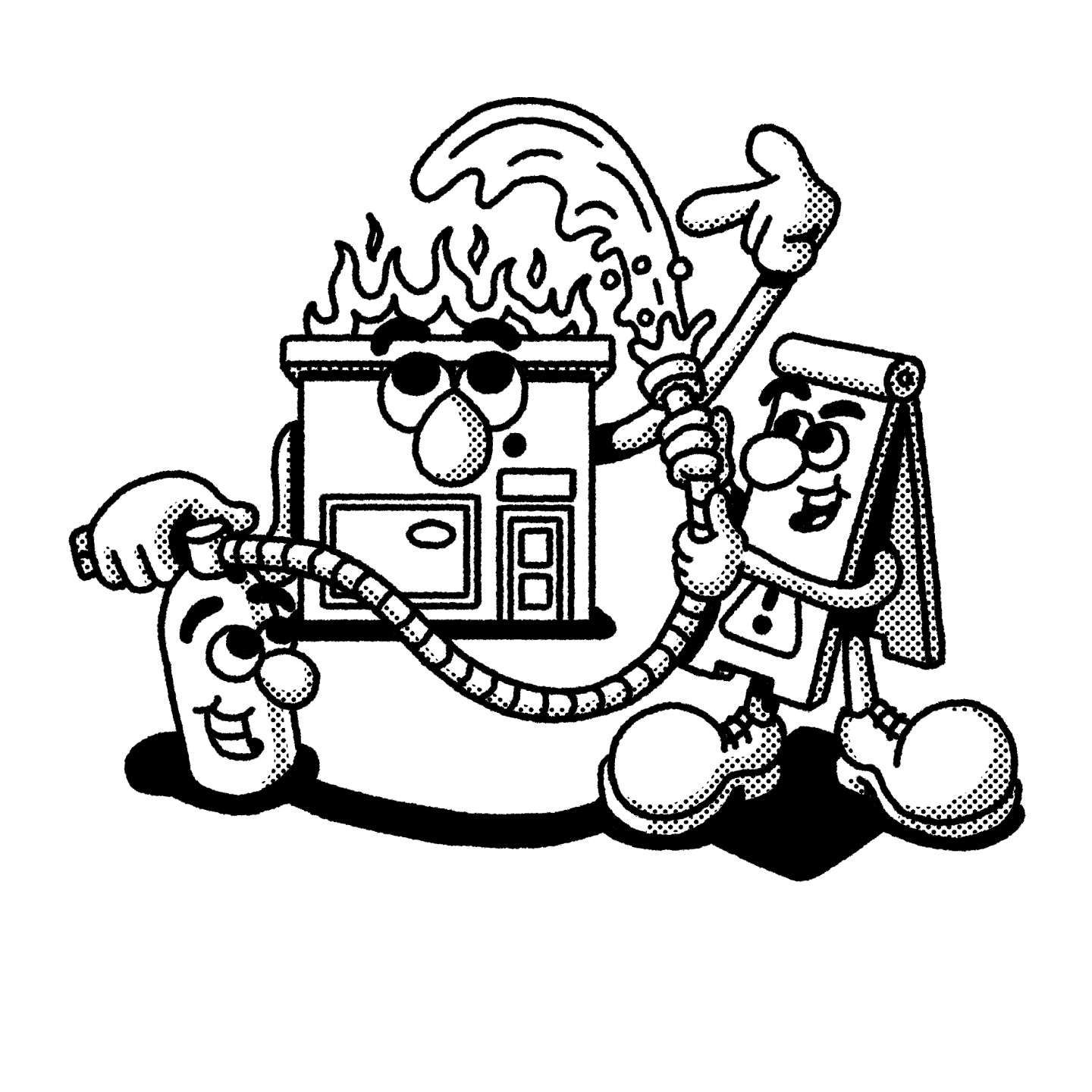Different kinds of claimants
With business insurance, a claimant is defined as someone who asks to be financially reimbursed by an insurance company for bodily injury, damage to property, or other work-related incidents. They are claiming two things — financial loss and a request to be reimbursed by the insurer.
A claimant can be the named insured. This is the person who bought the coverage and signed the policy. For example, when you purchase health insurance for yourself, if you get sick, you are the named insured and the claimant when you file an insurance claim.
A claimant can also be an additional insured. This is someone generally added to a policy by the named insured to extend the policy’s coverage.
For example, say you’re a general contractor, and you hire a plumber to work on a project. You might have the plumber add you as an additional insured to their professional liability policy.
That way, if there are problems with the pipes and the building owners sue you for damages, you can file as a claimant on the plumber’s policy to have the plumber’s insurance repair the damage.
Do you have to be on the policy to be a claimant?
Short answer: No. A claimant can be one of your employees or someone totally unrelated to your business. If they suffered a loss or damage because of your actions, or those of your employees, they are entitled to file a claim against your insurance and become a claimant.
One of the most common non-named claimants comes about through workers’ compensation insurance.
As a business owner, you purchase workers’ compensation insurance to protect your team. However, every employee may not be named in the policy. Despite this, your purchased coverage can help cover them if they get injured on the job.
Outside of your employees, commercial auto insurance is frequently used by non-named claimants. For example, if you’re driving the company car between work sites and accidentally rear-end someone, the person you hit would be able to file a claim on your insurance.
The difference between the insured and the claimant
The insured is the person who is covered by the insurance policy. This is most often the named insured and the additional insured.
Whoever experiences a loss because of the insured and files a claim is the claimant. This might be you if you have an on-the-job accident. Or it could be a third party with no relation to your business other than being in the wrong place at the wrong time.
The thing to remember is this — insurance isn’t just there to help protect you when you suffer a loss. It’s also there to help protect you if you cause someone else to suffer a loss.
Whether you’re the claimant or if it’s someone else making claims against you, being properly insured means you’re covered either way.
How NEXT makes being a claimant easy
Looking to file a claim? (The link’s on that page or log into NEXT’s customer portal.) We do our best to resolve all claims within 48 hours.
Wow. That’s how easy NEXT makes insurance, and that’s why over 300,000 small businesses trust NEXT.
You can start a quote, customize your options and access your certificate of insurance online immediately — in about 10 minutes.













